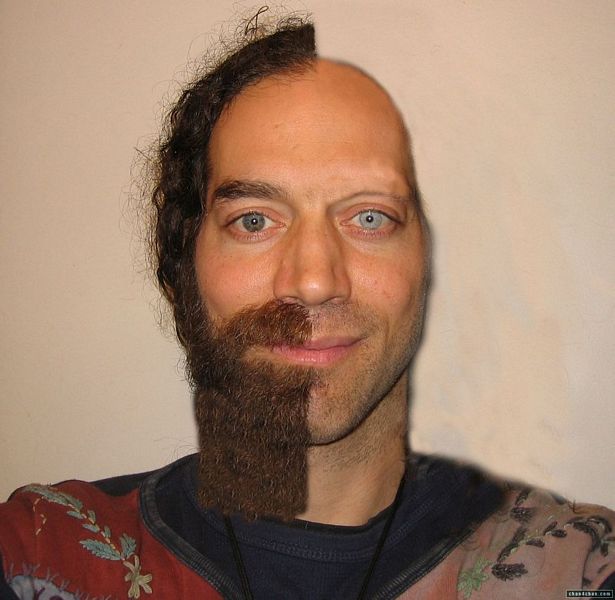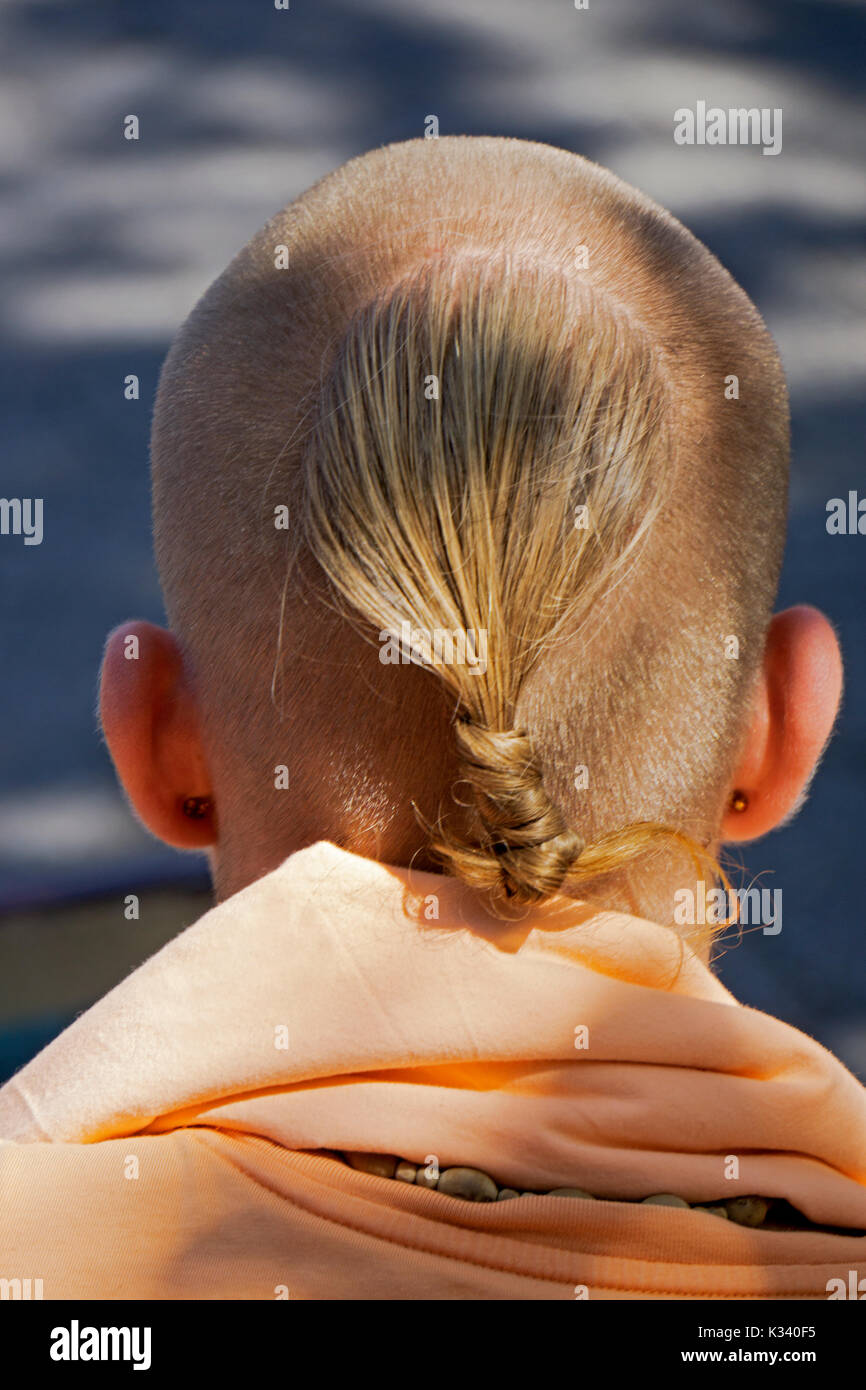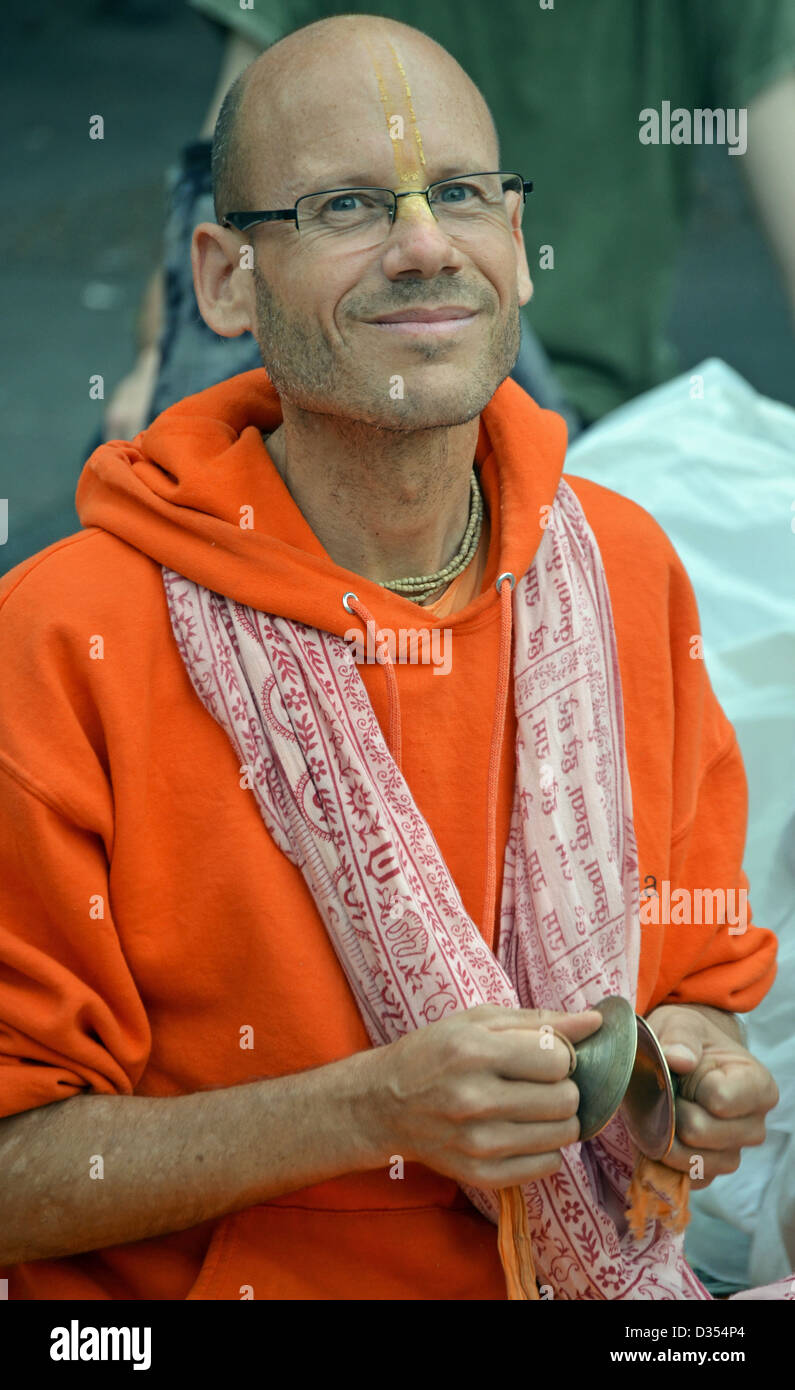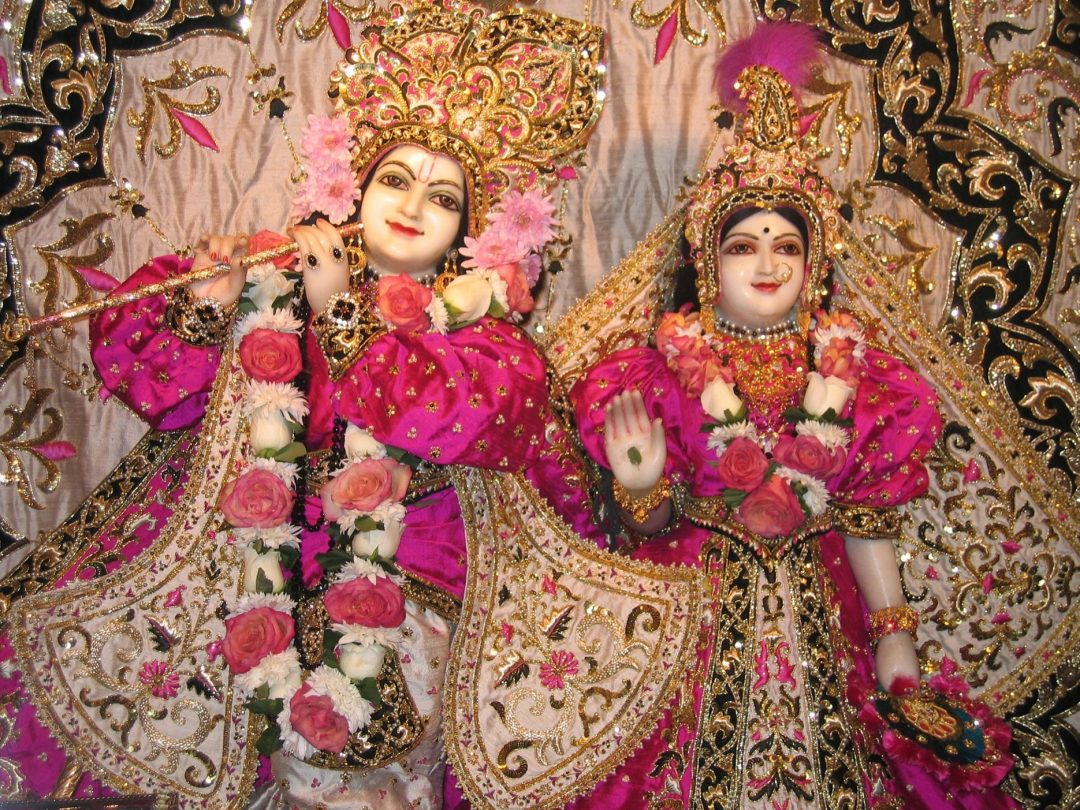
101 best Hair Research images on Pinterest
My favorite scene from the movie deserved a high quality reupload.

1,644 Likes, 4 Comments krishna hair & beauty (krishnahairnbeauty) on Instagram Hair
High high high high. Way way up here. Ionosphere. Beads, flowers, freedom, happiness. Beads, flowers, freedom, happiness. H. Hair. Hare Krishna Lyrics. Hare Krishna lyrics: Hare Krishna Hare Krishna Krishna Krishna Hare Hare Hare Rama Hare Rame Rama Rama Hare Hare Love love Love love Drop out Drop out Be in Be in Take trips get high Laugh joke.

HARE KRISHNA YouTube
Please donate to Iskcon Kharghar, Navi Mumbai, India for Temple ConstructionBank Name & Branch: Axis Bank, KhargharAccount Name: International Society for Kr.

Pin by Suresh Dhawan on Krishna Krishna painting, Hindu gods, Short afro hairstyles
The Hare Krishna mantra can be heard sung by George Harrison in the backing vocals of his song "My Sweet Lord" (1970), and the track "Living in the Material World" (1973) contains the lyrics: " I hope to get out of this place by the Lord Sri Krishna 's grace. My salvation from the material world.

krishna Krishna radha painting, Krishna, Shree krishna
The Hare Krishna mantra is a chant meant for enhancing consciousness to the greatest possible degree. Chanting the Hare Krishna mantra can give peace, happiness, God realization, freedom from repeated birth and death, and total self-fulfillment. Also known as the maha-mantra —great chant—it consists of three Sanskrit names of the Supreme.

Hare Krishna Radha krishna images, Radha krishna art, Krishna lila
At a Be-In, a counterculture gathering inspired by the 30,000-person Human Be-In of 1967, the Tribe members chant the Hare Krishna Mahamantra, exalt psychedelic drugs, and echo Timothy Leary's.

Пин на доске 1969 Book3 HOLD FILE/research
Provided to YouTube by RCA Records LabelHare Krishna · Galt MacDermot · Tom PiersonHair℗ 1979 RCA Records, a division of Sony Music EntertainmentReleased on:.

His Father Is Muslim and His Mother Is Hare Krishna Picture eBaum's World
Why a devotee has a Shikha? Shikha is a tuft of hair at the back of head specifically kept by Vaishnavas and Brahmanas. It is anestablished rule that ANYONE WHO RECITES VEDIC MANTHRAS SHOULD NOT HAVE HAIR ON FACE AND HEAD. So, those who need to perform vedic rituals are advised to remove hairs. However, there are many reasons for having SHIKHA: 1.

Hare Krishna Wallpapers Janmashtami Hindu Devotional Blog
Beat drum and old tin pot I'm high on you know what Take trips get high

Gauranga Gaura, Lord Krishna Wallpapers, Laddu Gopal, Manhattan New York, Shree Krishna, Indian
Hair Soundtrack

Hare Krishna Usa High Resolution Stock Photography and Images Alamy
Truly evergreen

hare krishna JuzaPhoto
The Hare Krishna movement is a branch of Hinduism, formally known as Gaudiya Vaishnavism. Its name comes from its chant — Hare Krishna — which devotees repeat over and over. It was started.

MIddle aged bald Hare Krishna street performer playing cymbals in Union Square Park, New York
Love Love. Drop out Drop out. Drop out Drop out. Be in Be in. Be in Be in. Take trips get high. Laugh joke and good bye. Beat drum and old tin pot.

Hare Krishna Environmental Justice, Hare Krishna, Sustainable Development, Bullying, Art
Bhaktipada Hare Krishna, popular name of a semimonastic Vaishnava Hindu organization founded in the United States in 1965 by A.C. Bhaktivedanta (Swami Prabhupada; 1896-1977). This movement is a Western outgrowth of the popular Bengali bhakti (devotional) yoga tradition, or Krishna Consciousness, which began in the 16th century.

What is Hare Krishna? SpiritCrossing
Hair Ensemble (1967) Track 8 on Hair (Original Off-Broadway Cast Recording) Produced by George R. Marek & Andy Wiswell 2 Contributors Hare Krishna Lyrics [TRIBE] Hare Krishna, Hare.

Pin on krishna
The Hare Krishna mantra, also referred to reverentially as the Mahā-mantra ("Great Mantra"), is a 16-word Vaishnava mantra mentioned in the Kali-Saṇṭāraṇa Upaniṣad. [1] In the 15th century, it rose to importance in the Bhakti movement following the teachings of Chaitanya Mahaprabhu.